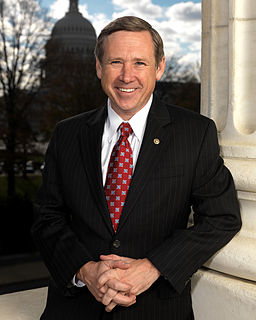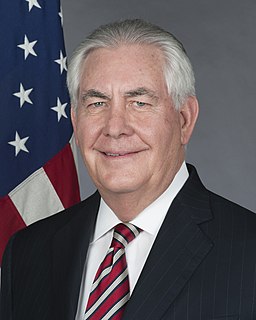A Quote by Fiona Hill
For the United States, in particular, the South Caucasus has been a priority since the 1990s.
Quote Topics
Related Quotes
The United States says "We're complying. We're following the disarmament obligation. Look at the quantitative reductions that are taking place." But, since '96, there really hasn't been progress on specific commitments that have been made. Perhaps most disturbing is this: that the United States and France in particular, since 1996, have expanded the range of circumstances under which they might use - they say they might use - nuclear weapons.
Every book that comes out, every article that comes out, talks about how - while it may have been a "mistake" or an "unwise effort" - the United States was defending South Vietnam from North Vietnamese aggression. And they portray those who opposed the war as apologists for North Vietnam. That's standard to say. The purpose is obvious: to obscure the fact that the United States did attack South Vietnam and the major war was fought against South Vietnam.
I've got the best job in the world being a senator from the United States, a senator from South Carolina in the United States Senate, representing South Carolina in the United States Senate is a dream job for me, but the world is literally falling apart. And we can't get anything done here at home. So that drives my thinking more than anything else.
I believe the number is 70% of the world's refugees since World War II have been taken in by the United States. Every year, year in, year out, the United States admits more legal immigrants than the rest of the world combined. The United States has granted amnesty before to three million illegals and appears prepared to do it again.
In the Islamic world, the U.S. is seen in two quite different ways. One view recognizes what an extraordinary country the U.S. is.The other view is of the official United States, the United States of armies and interventions. The United States that in 1953 overthrew the nationalist government of Mossadegh in Iran and brought back the shah. The United States that has been involved first in the Gulf War and then in the tremendously damaging sanctions against Iraqi civilians. The United States that is the supporter of Israel against the Palestinians.
The United States, which has been called the home of the persecuted and the dispossessed, has been since its founding an asylum for emotional orphans. For over three hundred years, refugees from political oppression, religious persecution, famine, poverty, and a rigid class system which limited educational and economic opportunities have been leaving their native villages and cities and coming to the United States in search of freedom and a better life.
It's important that we keep our priorities straight. And we believe that the first priority is the defeat of ISIS. That by defeating ISIS and removing their caliphate from their control, we've now eliminated at least or minimized a particular threat not just to the United States, but to the whole stability in the region.




































